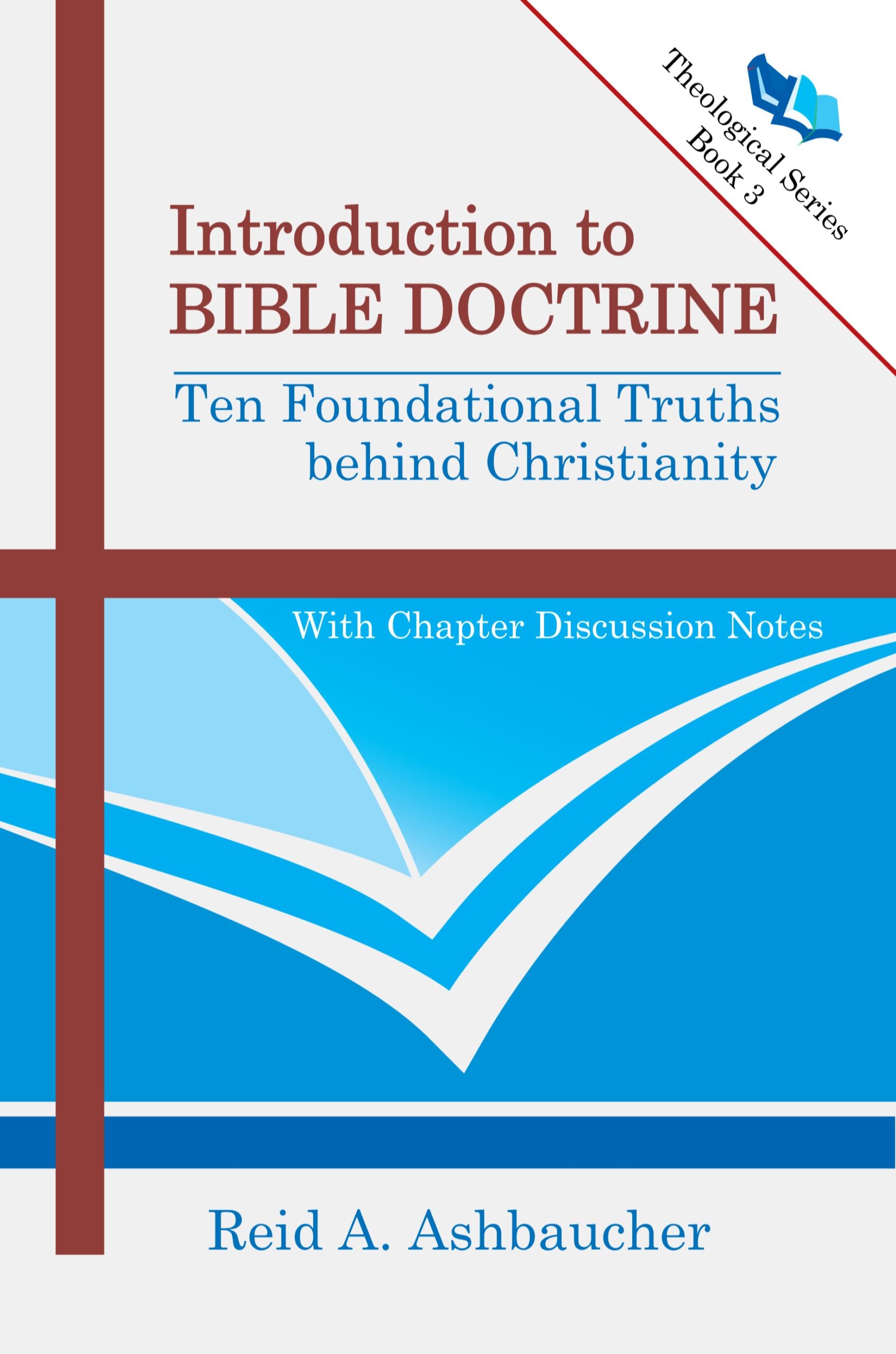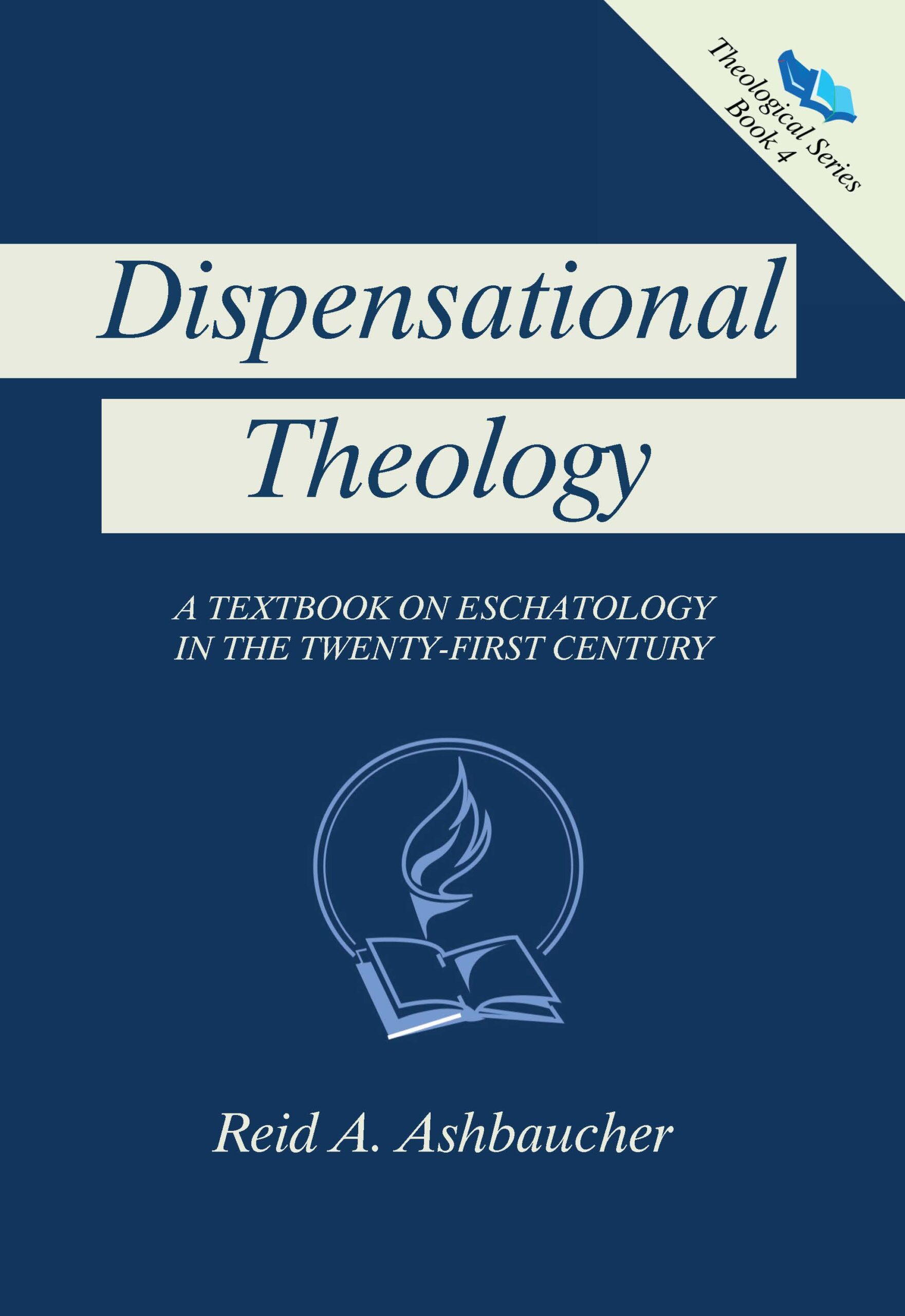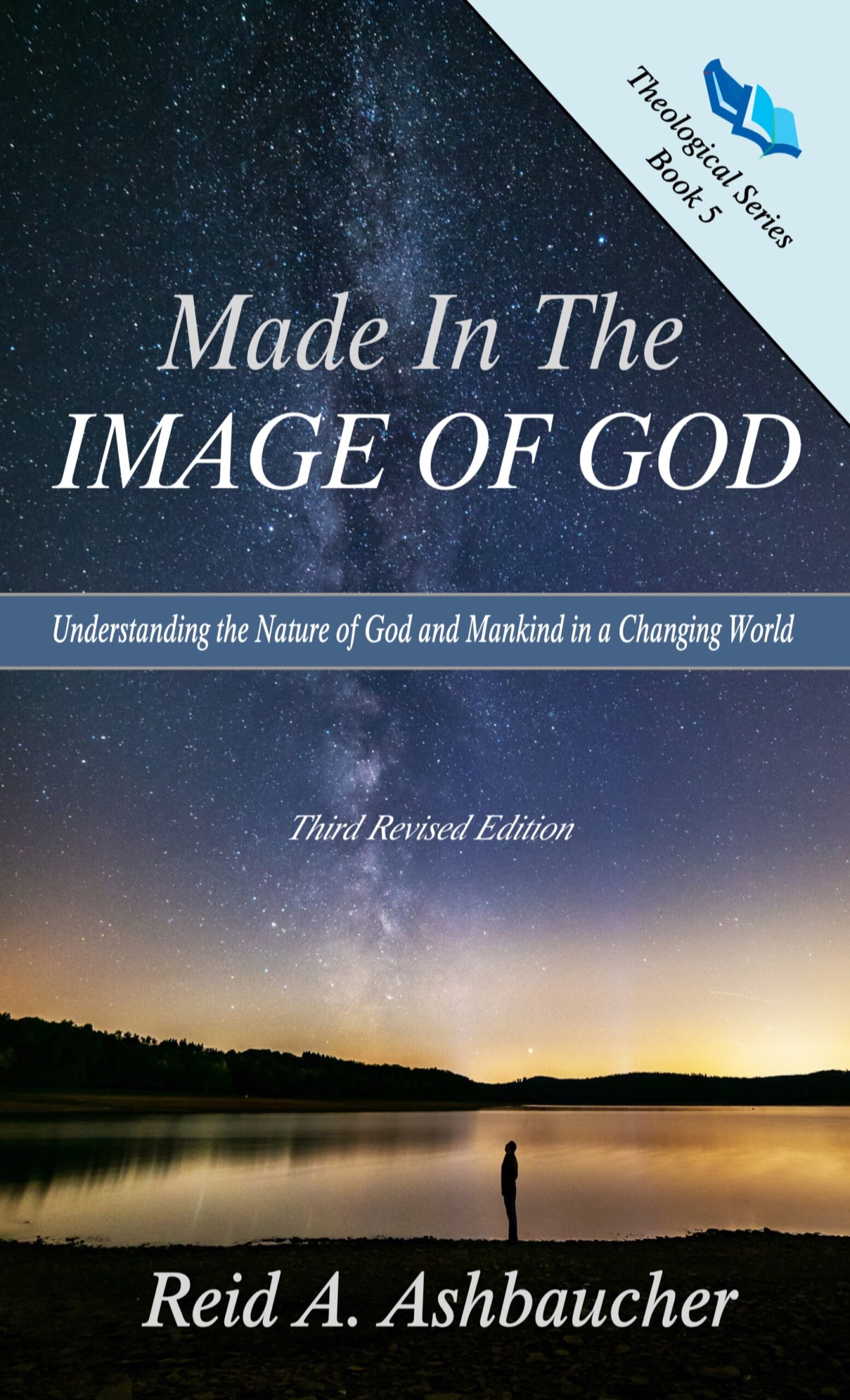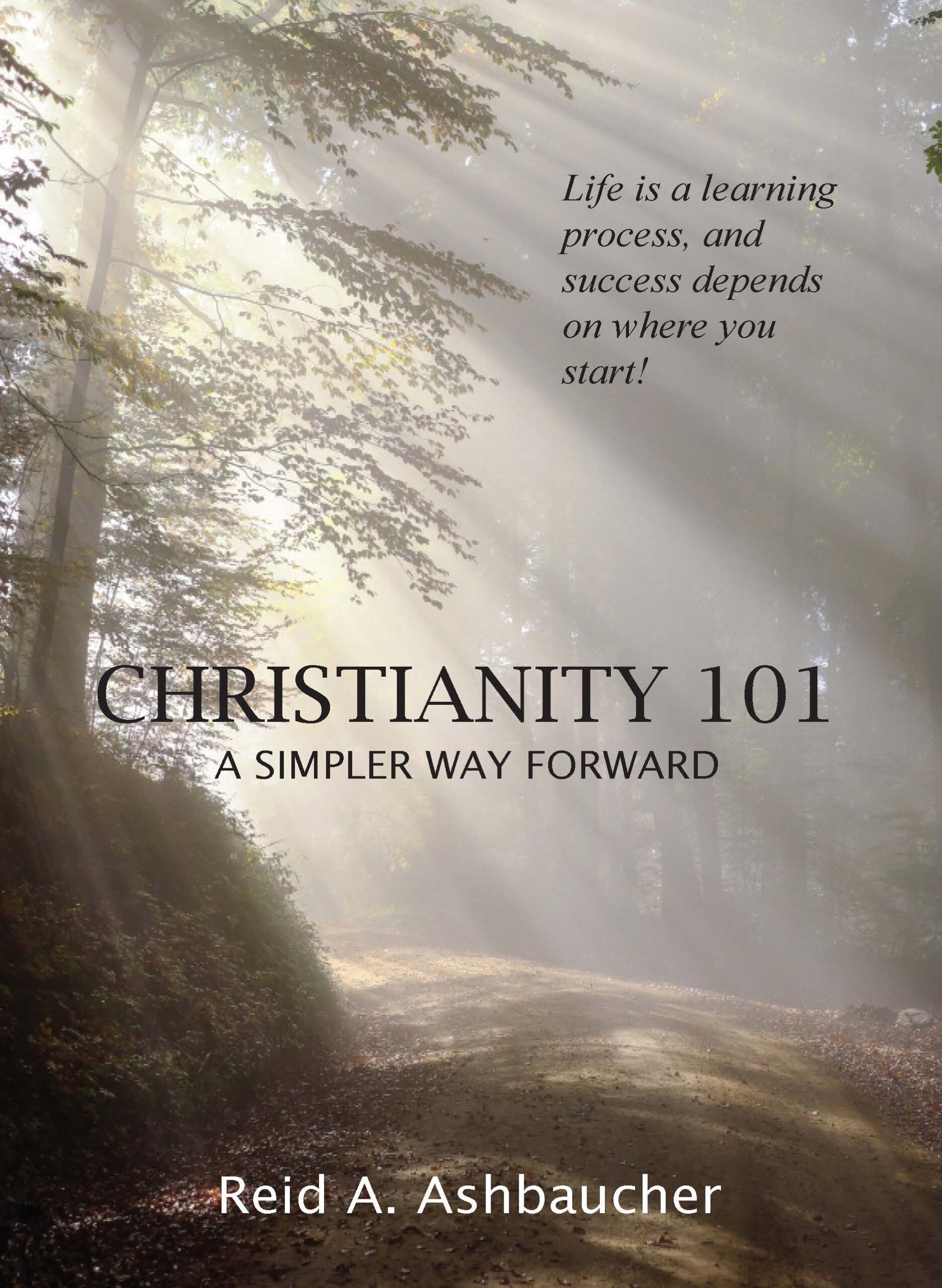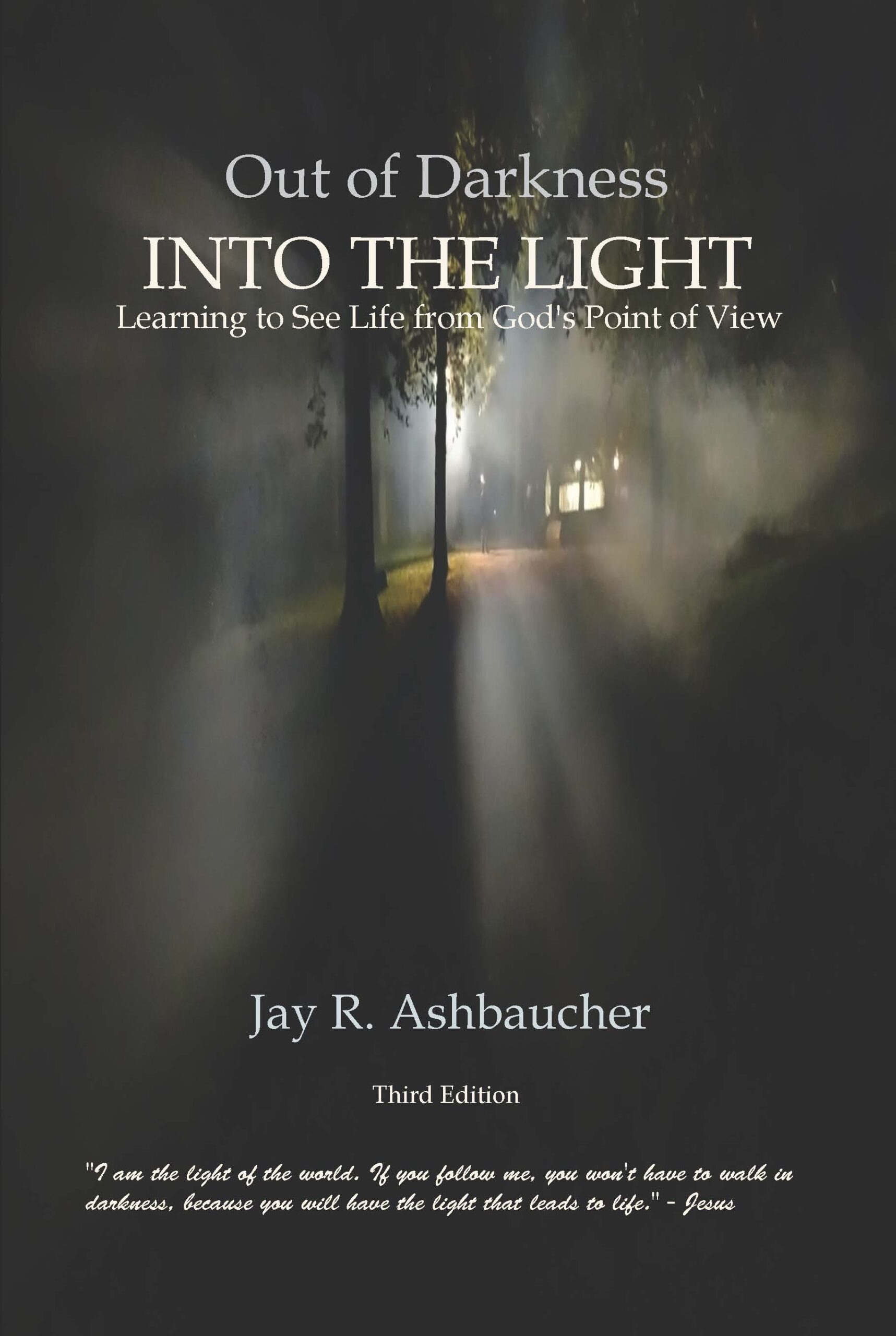Author: Reid Ashbaucher | Date of Writing: July 2005
Free Will vs. Election
Arminianism is a system of beliefs that holds to God’s grace, as shown in the death of Christ, and man’s responsibility to have faith and believe in that grace. This leaves open the discussion of election. Does God choose us or do we choose Him? This then leads us to the long historical debate on the free will of man.
Roman Catholicism is the historical continuation of first-century church doctrineBible doctrine is any subject within the Bible that is taught as a principle, law or commandment. Some would hold that the wisdom advice given in the book of Psalms and Proverbs could be classified as doctrine as well, because of the many principle concepts that can be applied to everyday life.. If we read and examine the Catechism of the Catholic Church, we would find a great deal of truth on many doctrinal issues within the universal church. However, when it comes to the doctrineBible doctrine is any subject within the Bible that is taught as a principle, law or commandment. Some would hold that the wisdom advice given in the book of Psalms and Proverbs could be classified as doctrine as well, because of the many principle concepts that can be applied to everyday life. of election the Roman Catholic Church falls in line with the same position as the Armenians, with one exception, and that is, the Catholic Church believes that baptism is part of the salvationSalvation within the Scriptures (Bible) simply means to save that which was lost. In reference to humanity, the Scriptures teach that because the first humans (Adam and Eve) sinned against God, the human race became lost to God, thus needing to be saved or redeemed by God. Jesus Christ said it this ... More process.1 This is not uncommon in today’s church of many denominations. Martin Luther’s position on this point was the same as the Catholic Church, but for different reasons, even though he believed in salvationSalvation within the Scriptures (Bible) simply means to save that which was lost. In reference to humanity, the Scriptures teach that because the first humans (Adam and Eve) sinned against God, the human race became lost to God, thus needing to be saved or redeemed by God. Jesus Christ said it this ... More by grace and not by works.2 This too leaves open for debate on the issue of election and free will.
Calvinism, in any form, builds its doctrinal position of election on the theologicalAny person or subject that relates or is tied to the Study of God is considered theological. Example: A "theological student" is a person that studies the subject matter of God. A theological viewpoint is an opinion about God based on a persons interpretation of the Scriptures or Bible. position of the total depravity of man, and by doing so, leaves no room for “Free Will.” It is this issue we will pursue a better understanding in hopes for a more balanced perspective on the doctrineBible doctrine is any subject within the Bible that is taught as a principle, law or commandment. Some would hold that the wisdom advice given in the book of Psalms and Proverbs could be classified as doctrine as well, because of the many principle concepts that can be applied to everyday life. of election and answers concerning the divisive question of free will.
Personal Viewpoint
The great debate over election does not come because the ScripturesThe Scriptures, as spoken of on this site, represents the 66 books found in the Protestant Bible, with 39 books in the Old Testament and 27 books found in the New Testament. It is our view that these books were written between 1446 BC and 96 AD, representing a time span of about 1,500 years, by the ... are unclear but because we want to impose our line of thinking on God’s line of thinking. On one hand, we read in Second Peter 3:9: “The Lord is not slow about His promise, as some count slowness, but is patient toward you, not wishing for any to perish but for all to come to repentance.” On the other hand, we read in Romans 8:29: “For whom He foreknew, He also predestined to become conformed to the image of His Son, that He might be the firstborn among many brethren.” These statements begin the debate over the great paradox of the sovereignty of God and the responsibility of man. Thus, we have the debate over Election and the free will of man.
The Issues
We can all agree that man is a sinner. The debate comes when we ask, “What are the true effects of our sin?” Is it just a matter of the wall of sin blocking us from getting to the other side where God is? If it were, then Jesus’ life, burial, and resurrection would tear down the wall and give us access to the God of heaven. We just need to repent and have faith in Christ and the wall will be conquered; and thus, we will have fellowship with God forever. It sounds good, but is that what the ScripturesThe Scriptures, as spoken of on this site, represents the 66 books found in the Protestant Bible, with 39 books in the Old Testament and 27 books found in the New Testament. It is our view that these books were written between 1446 BC and 96 AD, representing a time span of about 1,500 years, by the ... teach?
If we look at the ScripturesThe Scriptures, as spoken of on this site, represents the 66 books found in the Protestant Bible, with 39 books in the Old Testament and 27 books found in the New Testament. It is our view that these books were written between 1446 BC and 96 AD, representing a time span of about 1,500 years, by the ..., they seem to indicate that sin is not just a barrier between God and us, but it is a condition or a state of our soul. If this is so, then we have a real dilemma. God states: And the LORD God commanded the man, saying, “From any tree of the garden you may eat freely; but from the tree of the knowledge of good and evil you shall not eat, for in the day that you eat from it you shall surely die.”3 The wall of sin is death – not just a physical divider, but also a spiritual state of being dead – which will eventually bring us to the physical state of death. How do we know this? The ScripturesThe Scriptures, as spoken of on this site, represents the 66 books found in the Protestant Bible, with 39 books in the Old Testament and 27 books found in the New Testament. It is our view that these books were written between 1446 BC and 96 AD, representing a time span of about 1,500 years, by the ... state: “Therefore, just as through one man sin entered into the world, and death through sin, and so death spread to all men, because all sinned– for until the Law sin was in the world; but sin is not imputed when there is no law. Nevertheless death reigned from Adam until Moses, even over those who had not sinned in the likeness of the offense of Adam, who is a type of Him who was to come.”4
The question becomes, if we are spiritually dead then what options does our will have to choose from? The Scripture states:
What then? Are we better than they? Not at all; for we have already charged that both Jews and Greeks are all under sin; as it is written, There is none righteous, not even one; There is none who understands, There is none who seeks for God; All have turned aside, together they have become useless; There is none who does good, There is not even one Their throat is an open grave, With their tongues they keep deceiving, The poison of asps is under their lips; Whose mouth is full of cursing and bitterness; Their feet are swift to shed blood, Destruction and misery are in their paths, And the path of peace have they not known. There is no fear of God before their eyes.5
This is the true definition of the total depravity of man. In addition, if this is the case, then we have no free will to choose between good and evil. There are no options, because this type of choice is spiritual, and we are dead to spiritual things. The balance in all this is, we have a free will to live our daily lives, but not to make a choice toward God. Jesus says in John 6:44: “No one can come to Me, unless the Father who sent Me draws him; and I will raise him up on the last day.” It is by the grace of God we are saved, a choice He alone makes. Without God’s illumination, we will remain in our sin. It is at this point the modern Calvinist would say that we have the free will to choose and we will choose Him because He will make it irresistible not to.
It is my position that God must call and illuminate my soul but I still must repent and have faith in His Son to be saved. Thus, without both taking place, there is no salvationSalvation within the Scriptures (Bible) simply means to save that which was lost. In reference to humanity, the Scriptures teach that because the first humans (Adam and Eve) sinned against God, the human race became lost to God, thus needing to be saved or redeemed by God. Jesus Christ said it this ... More. Let me illustrate it like this. I am in a burning building with no way out until someone comes and provides me a way out. After the way is made, I now must choose. Do I leave the burning building or stay? The choice is mine after the way out is made. Without God opening my spiritual eyes to see the way, I will die in my sins; after my eyes are opened, if I choose not to enter the door, I will die in my sins. Thus, we have the sovereignty of God and the responsibility of man. How do I come to these conclusions? Listen to Jesus’ words:
All that the Father gives Me shall come to Me, and the one who comes to Me I will certainly not cast out. For I have come down from heaven, not to do My own will, but the will of Him who sent Me. “And this is the will of Him who sent Me, that of all that He has given Me I lose nothing, but raise it up on the last day. For this is the will of My Father, that everyone who beholds the Son and believes in Him, may have eternal life; and I Myself will raise him up on the last day.6
The key here is found in the statement, “for this is the will of My Father, that everyone who beholds the Son and believes in Him, may have eternal life.” (Emphasis added) If salvationSalvation within the Scriptures (Bible) simply means to save that which was lost. In reference to humanity, the Scriptures teach that because the first humans (Adam and Eve) sinned against God, the human race became lost to God, thus needing to be saved or redeemed by God. Jesus Christ said it this ... More was simply God calling me, then that same principle should apply for escaping from sin in my everyday life. We are told to resist the devil and he will flee from us. There is no implication that God will keep you from the temptation of sin and you have no responsibility or action to take in the matter. If we take that position we will fail and fall into sin every time. I believe the modern Calvinist may be on to something if we are willing to look beyond tradition. It makes the most sense to me at this point.
In Summary
In retrospect, election can best be understood if we understand God’s perspective. We take the issue of free will and say, if we do not have free will, then we are puppets and God is cold and uncaring. However, the ScripturesThe Scriptures, as spoken of on this site, represents the 66 books found in the Protestant Bible, with 39 books in the Old Testament and 27 books found in the New Testament. It is our view that these books were written between 1446 BC and 96 AD, representing a time span of about 1,500 years, by the ... give a different perspective. Jonah testifies to God’s character by writing:
But it greatly displeased Jonah, and he became angry. And he prayed to the LORD and said, Please LORD, was not this what I said while I was still in my own country? Therefore, in order to forestall this I fled to Tarshish, for I knew that Thou art a gracious and compassionate God, slow to anger and abundant in lovingkindness, and one who relents concerning calamity.7
Jonah’s testimony coupled with the following statement made by the Apostle Paul illustrates the true heart of God. “In love He predestined us to adoption as sons through Jesus ChristJesus Christ is the Son of the creator God, sharing in the same nature as God the Father and God the Holy Spirit. As Jesus says, "I and the Father are one." (John 10:30; NASB) to Himself, according to the kind intention of His will, to the praise of the glory of His grace, which He freely bestowed on us in the Beloved.”8
God has not chosen because he wants us to die, but on the contrary, He is choosing because it is the only way any of us can live. The Apostle Paul explains this in his teachings and states: “What if God, although willing to demonstrate His wrath and to make His power known, endured with much patience vessels of wrath prepared for destruction? And He did so in order that He might make known the riches of His glory upon vessels of mercy, which He prepared beforehand for glory.”9
For I do not want you, brethren, to be uninformed of this mystery, lest you be wise in your own estimation, that a partial hardening has happened to Israel until the fulness of the Gentiles has come in; and thus all Israel will be saved; just as it is written, The Deliverer will come from Zion, He will remove ungodliness from Jacob. And this is My covenant with them, When I take away their sins. From the standpoint of the gospel they are enemies for your sake, but from the standpoint of God’s choice they are beloved for the sake of the fathers; for the gifts and the calling of God are irrevocable. For just as you once were disobedient to God, but now have been shown mercy because of their disobedience, so these also now have been disobedient, in order that because of the mercy shown to you they also may now be shown mercy. For God has shut up all in disobedience that He might show mercy to all. Oh, the depth of the riches both of the wisdom and knowledge of God! How unsearchable are His judgments and unfathomable His ways! For who has known the mind of the Lord, or who became His counselor? Or who has first given to Him that it might be paid back to him again? For from Him and through Him and to Him are all things. To Him be the glory forever. Amen.10
It is for these reasons that God chooses, not out of hatred, but out of holiness and glory and love. Keep in mind the following verses as a reminder of the grace of God. “But love your enemies, and do good, and lend, expecting nothing in return; and your reward will be great, and you will be sons of the Most High; for He Himself is kind to ungrateful and evil men. Be merciful, just as your Father is merciful.”11
Endnotes
- Libreria Editrice Vaticana, Catechism of the Catholic Church (United States Catholic Conference, 1994), 255.
- Luther Martin, Martin Luther’s Basic TheologicalAny person or subject that relates or is tied to the Study of God is considered theological. Example: A "theological student" is a person that studies the subject matter of God. A theological viewpoint is an opinion about God based on a persons interpretation of the Scriptures or Bible. Writings, ed. Timothy F. Lull (Minneapolis: Fortress Press, 1989), 150.
- Gen. 2:16-17 NASBNASB stands for "New American Standard" version of the Bible. The NASB was produced through the Lockman Foundation in 1960 and its translation is based on the Hebrew text and the Alexandrian Text type of the Greek New Testament, with NT copies dating as early as the second century A.D.
- Rom. 5:12-14 NASBNASB stands for "New American Standard" version of the Bible. The NASB was produced through the Lockman Foundation in 1960 and its translation is based on the Hebrew text and the Alexandrian Text type of the Greek New Testament, with NT copies dating as early as the second century A.D.
- Rom. 3:9-18 NASBNASB stands for "New American Standard" version of the Bible. The NASB was produced through the Lockman Foundation in 1960 and its translation is based on the Hebrew text and the Alexandrian Text type of the Greek New Testament, with NT copies dating as early as the second century A.D.
- John 6:36-40 NASBNASB stands for "New American Standard" version of the Bible. The NASB was produced through the Lockman Foundation in 1960 and its translation is based on the Hebrew text and the Alexandrian Text type of the Greek New Testament, with NT copies dating as early as the second century A.D.
- John. 4:1-2 NASBNASB stands for "New American Standard" version of the Bible. The NASB was produced through the Lockman Foundation in 1960 and its translation is based on the Hebrew text and the Alexandrian Text type of the Greek New Testament, with NT copies dating as early as the second century A.D.
- Eph. 1:5-6 NASBNASB stands for "New American Standard" version of the Bible. The NASB was produced through the Lockman Foundation in 1960 and its translation is based on the Hebrew text and the Alexandrian Text type of the Greek New Testament, with NT copies dating as early as the second century A.D.
- Rom. 9:22-23 NASBNASB stands for "New American Standard" version of the Bible. The NASB was produced through the Lockman Foundation in 1960 and its translation is based on the Hebrew text and the Alexandrian Text type of the Greek New Testament, with NT copies dating as early as the second century A.D.
- Rom. 11:25-36 NASBNASB stands for "New American Standard" version of the Bible. The NASB was produced through the Lockman Foundation in 1960 and its translation is based on the Hebrew text and the Alexandrian Text type of the Greek New Testament, with NT copies dating as early as the second century A.D.
- Luke 6:35-36 NASBNASB stands for "New American Standard" version of the Bible. The NASB was produced through the Lockman Foundation in 1960 and its translation is based on the Hebrew text and the Alexandrian Text type of the Greek New Testament, with NT copies dating as early as the second century A.D.
Works Cited
- Libreria Editrice Vaticana. Catechism of the Catholic Church. United States Catholic Conference, 1994.
- Luther Martin. Martin Luther’s Basic TheologicalAny person or subject that relates or is tied to the Study of God is considered theological. Example: A "theological student" is a person that studies the subject matter of God. A theological viewpoint is an opinion about God based on a persons interpretation of the Scriptures or Bible. Writings. ed. Timothy F. Lull. Minneapolis: Fortress Press, 1989.


